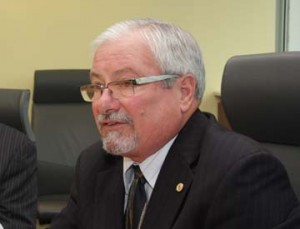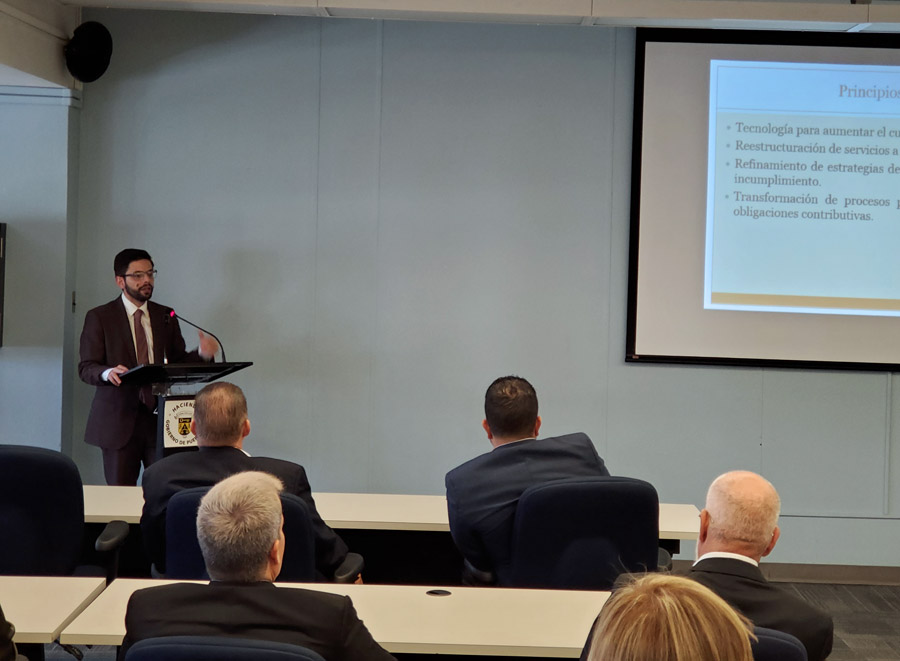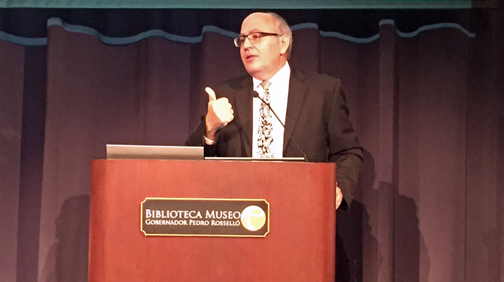Private Sector Coalition lobbies for IRS code amendment

The Private Sector Coalition is looking to create a multi-sectoral working committee to ask Congress to amend Section 243 of the U.S. Internal Revenue Code, so that corporations established in Puerto Rico can benefit from the same special tax rates given to domestic companies operating stateside.
According to that section, corporations that have subsidiaries in several states of the nation can benefit from a special tax rate when transferring dividends to their parent companies in the United States. Currently eligible for this special rate are corporations in the continental U.S.
By failing to qualify the measure, corporations in Puerto Rico are taxed at a higher rate when they trasfer their profits, the Coalition said in a statement issued Monday.
“Our request is simple: to extend this benefit to Puerto Rico and other U.S. jurisdictions. What we seek is to increase our competitiveness so that new corporations establish themselves here and to attract a new industry: suppliers,” said Francisco Rodríguez-Castro, an executive of the securities industry and Coalition chairman.
The Private Sector Coalition is a local nonprofit trade group representing 22 organizations that generate more than a million jobs in Puerto Rico.
“We have to rescue economic development and create more jobs to face this crisis. This amendment will help us achieve that,” he said.
Coalition members have already met with several government representatives to discuss the benefits the amendedment would give Puerto Rico, Rodríguez Castro said.
“Both the Governor and the Resident Commissioner and members of the other political parties said they see this proposal positively and agreed to work together for the good of Puerto Rico and its economic development,” he said, expressing optimism that the lobbying effort will move forward.
He said there is a group of companies and suppliers that could potentially establish operations on the island, but have refrained from doing so “possibly because upon moving profits generated in Puerto Rico to their stateside operation, they will face a tax rate that is too high, at 35 percent.”
Benefits all around
 Meanwhile, Puerto Rico Manufacturers Association President Pedro Watlington, who represents that sector in the Coalition, said attracting suppliers to the island would result in a win-win situation for the U.S. and Puerto Rico.
Meanwhile, Puerto Rico Manufacturers Association President Pedro Watlington, who represents that sector in the Coalition, said attracting suppliers to the island would result in a win-win situation for the U.S. and Puerto Rico.
“If we manage to attract companies and groups of suppliers that offer them services, by allowing that the repatriation of profits to the owner in the U.S. carry a lower federal tax rate, it would be a win-win situation for U.S. and Puerto Rico, and would allow our key [manufacturing] industry to continue to have a strong chain of local suppliers,” Watlington said.
Aside from sparking economic growth in Puerto Rico and the U.S. mainland, achieving the amendment to Section 243 would strengthen key players in manufacturing, including pharmaceutical companies and medical device makers.








